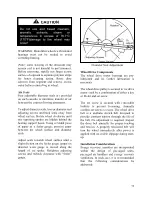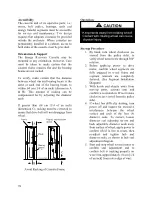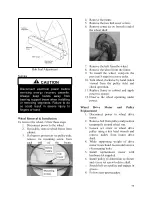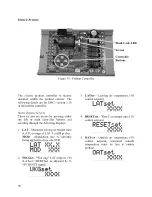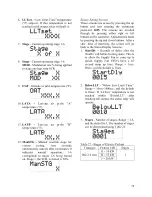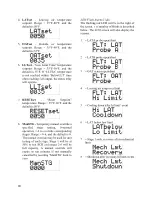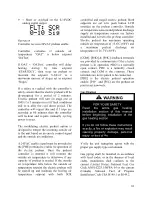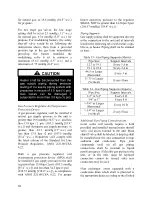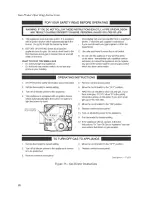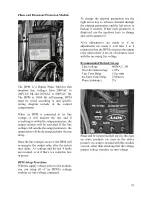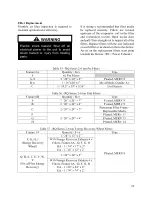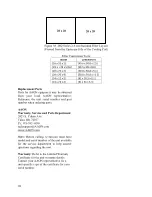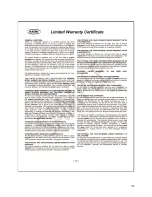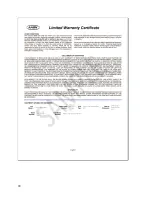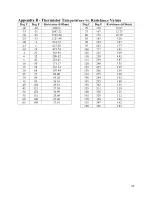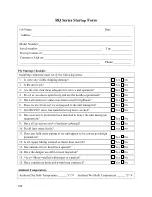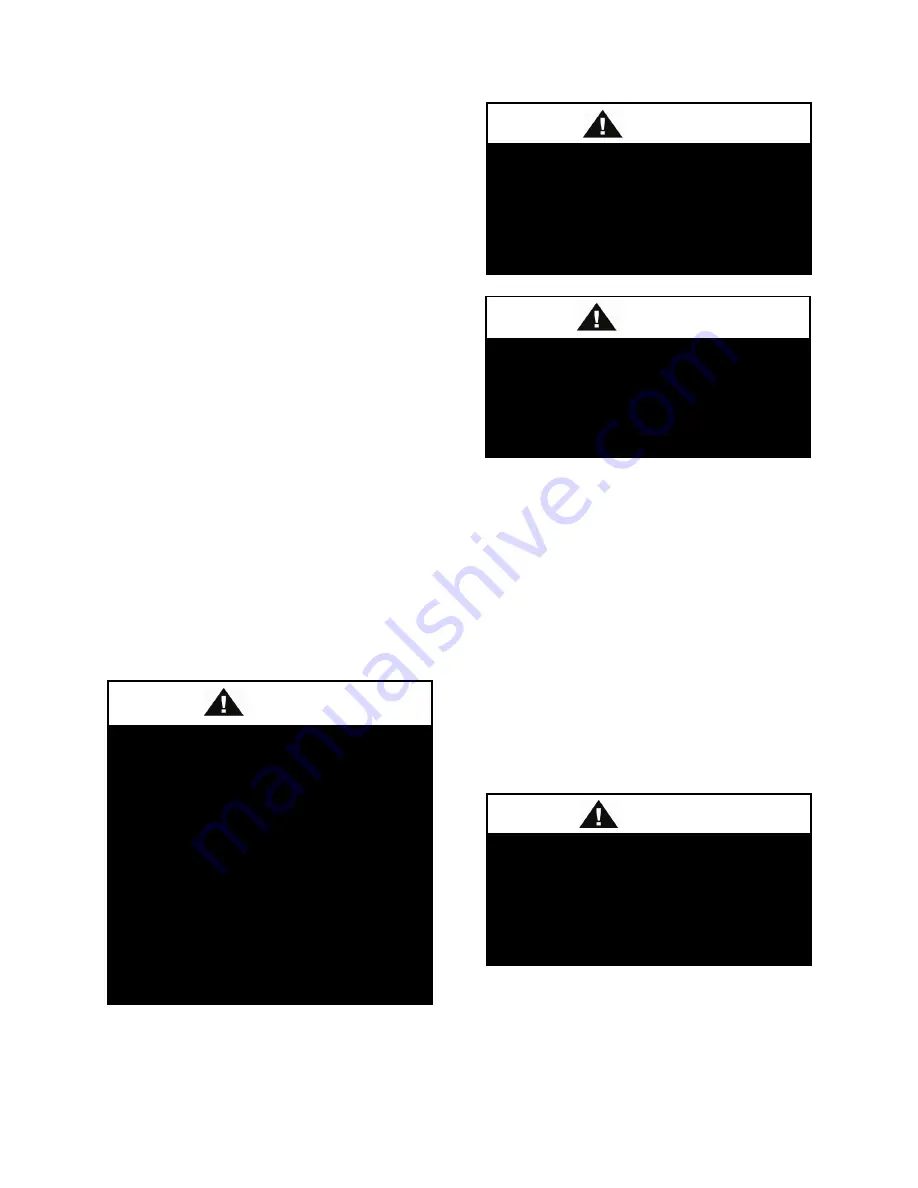
87
Leak Testing
All components of gas supply system,
including manual shut off valves and the
piping in the interior of the unit, must be leak
tested. At a minimum, the “Bubble Leak
Test” must be performed before operating the
appliance, as well as, on an annual basis
thereafter, if not more frequently. All leak
testing must be performed in accordance with
this instruction manual as well as in
accordance to the National Fuel Gas Code
NFPA 54/ANSI-Z223.1, CSA B149.1
(Canada) and local codes as applicable.
Bubble Leak Test
Test is performed using a soap solution leak
detector solution. With electrical power to
the unit terminated and the gas supply to the
unit within the specified pressures provided
in this IOM, the solution is sprayed at each
threaded connection of the gas supply piping
to the unit and internal gas train of the
unit. Each connection is observed for
bubbles, which indicates leaks in the
connection. Joints with bubbles appearing
during the check must be inspected for thread
engagement and/or damage and tightened as
needed.
All gas fired heat exchangers are completely
tested at the factory before shipment. This
will remove nearly all of the oils that have
been used in the manufacturing process.
However, trace amounts may remain. When
performing the initial startup at the jobsite, it
is highly recommended that people or any
other living animals, which may be sensitive
to the residual odors or gases, NOT be
present in the conditioned space during the
startup. In all cases, including the initial
factory firing and testing, any of the gases
will be under the acceptable level of
concentration for human occupancy.
LEAK CHECK GAS PIPE
The gas pipe in the unit shall be
checked for leaks before operation
and startup. Unit must not be placed
in operation until a leak check has
been conducted for all gas piping
connections. All connections shall be
checked for leaks annually after
installation. Gas leaks could result in
fire, explosion, or other hazardous
situations.
DANGER
Do not use open flame or other source
of ignition for leak testing. Fire or
explosion could result causing
property damage, personal injury, or
death.
DANGER
Some soaps used for leak detection
can be corrosive to certain metals.
Rinse piping thoroughly after leak test
has been completed.
CAUTION
Those sensitive to odors or gases
from trace amounts of residual oils
shall NOT be present in the
conditioned space during the startup
of a gas fired installation.
WARNING
Summary of Contents for RQ NextGen Series
Page 2: ......
Page 26: ...26 Figure 3 RQ Cabinet Standard and Power Exhaust Gasket Locations...
Page 40: ...40 Figure 23 Post Corner Hole Piping Figure 24 Post Back Hole Piping...
Page 88: ...88 Gas Heater Operating Instructions Figure 36 Gas Heater Instructions...
Page 95: ...95...
Page 96: ...96...
Page 105: ...105 Maintenance Log E Coated Coil...
Page 107: ...107...

